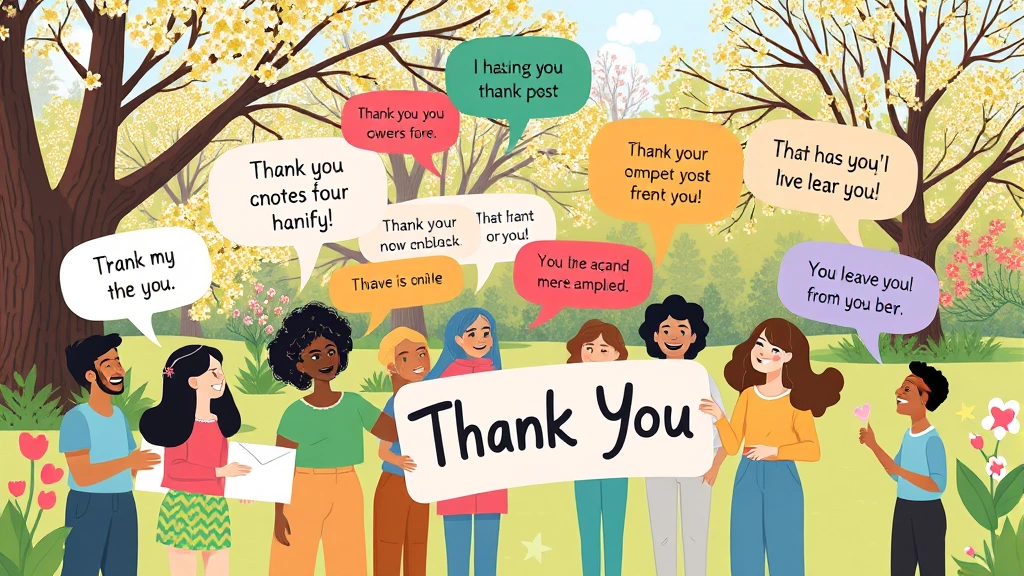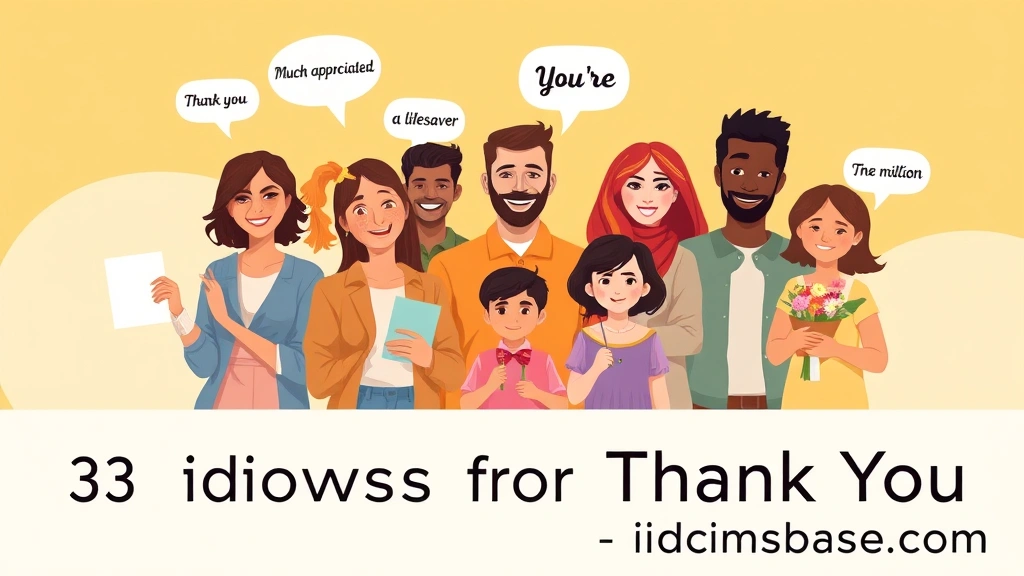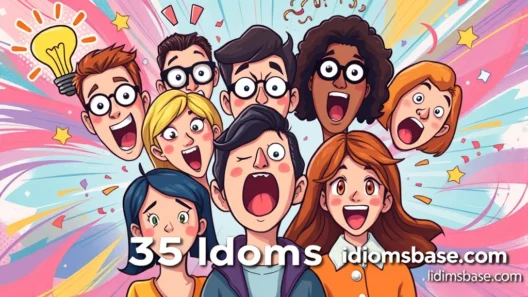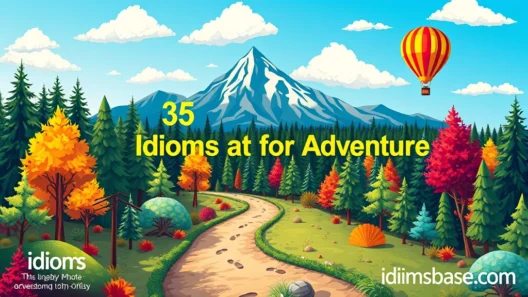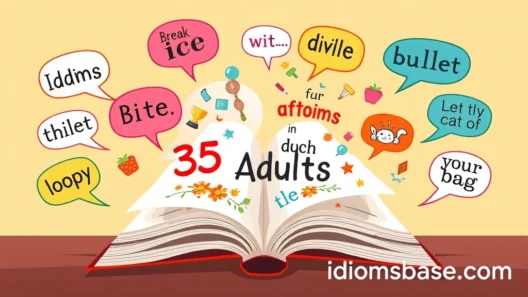Feeling grateful is wonderful, but sometimes "thank you" just doesn't cut it, right? You want to express that deep appreciation, that genuine warmth, in a way that truly stands out. Well, you're in luck! English is bursting with fantastic idioms that can help you do just that. Let's dive into a treasure trove of phrases that will make your gratitude shine!
Why Go Beyond "Thank You"?
Think about it: "thank you" is polite, but it's often a reflex. When someone goes above and beyond, offers a kind gesture, or truly helps you out, a simple "thank you" can feel a bit… flat. Using an idiom adds color, personality, and a touch of flair to your appreciation. It shows you've put thought into your words, making your gratitude more memorable and impactful. Plus, it's a fun way to sound more like a native speaker!
35 Brilliant Idioms to Express Your Gratitude
Get ready to supercharge your appreciation! Here are 35 amazing idioms you can use to say "thank you" in a more creative and heartfelt way.
Expressing Deep Gratitude and Indebtedness
These phrases convey a profound sense of thanks, often implying a lasting impact.
- I owe you one: A classic! This means you'll return the favor in the future.
- You're a lifesaver: Perfect when someone has helped you out of a difficult situation.
- You saved my bacon/skin: Similar to "lifesaver," implying you were in trouble.
- I can't thank you enough: This truly emphasizes the depth of your appreciation.
- Words can't express my gratitude: When simple words feel insufficient.
- You're too kind: A polite way to acknowledge someone's generosity.
- I'm eternally grateful: For a lasting feeling of thanks.
- I'm deeply indebted to you: A more formal way of saying you owe someone a lot.
- You've gone above and beyond: When someone exceeds expectations.
- You're a gem: Calling someone precious and wonderful for their help.
- You're a godsend: When their help feels like a divine intervention.
- I truly appreciate it: A straightforward yet heartfelt way to show thanks.
Showing Heartfelt Thanks for Specific Actions

These idioms are great for acknowledging particular acts of kindness or help.
- You've made my day: When their action brought you immense joy.
- That means the world to me: Emphasizing the huge impact of their gesture.
- I couldn't have done it without you: Acknowledging their essential contribution.
- You're a star: Praising someone for their outstanding help.
- You're a rockstar: A more modern, enthusiastic version of "you're a star."
- You're a true friend: When a friend has shown incredible support.
- You've got a heart of gold: For someone incredibly kind and generous.
- I'm blown away by your generosity: Expressing surprise and awe at their kindness.
- You've lifted a weight off my shoulders: When they've relieved you of a burden.
- I'm truly touched: For a gesture that moved you emotionally.
- You've been a great help: A simple yet effective way to show thanks.
- You've been a blessing: When their presence or action was incredibly beneficial.
Informal and Enthusiastic Thanks
These phrases are perfect for casual settings and when you want to show excitement.
- Cheers! (Common in British English for "thank you.")
- Much obliged! A slightly old-fashioned but charming way to say thanks.
- You bet! (Often used as a response to "thank you," meaning "you're welcome," but can imply "you're very welcome and I was happy to help.")
- Thanks a bunch! Informal and friendly.
- Thanks a million! Over-the-top thanks for something big.
- A big thank you! Simple and emphasis-adding.
- You're the best! High praise for their helpfulness.
- You knocked my socks off! When their help was incredibly impressive.
- Hats off to you! Showing respect and admiration for their effort.
- You rock! A very enthusiastic and informal way to say thanks.
- Kudos to you! Giving credit and praise for a job well done or help offered.
When to Use These Idioms
Choosing the right idiom depends on the situation and your relationship with the person.
| Idiom Type | Best Used When… | Example Scenario |
|---|---|---|
| Deep Gratitude | Someone made a significant impact or sacrifice. | A colleague helped you meet a crucial deadline. |
| Specific Actions | A particular act of kindness stood out. | A neighbor watched your pet while you were away. |
| Informal/Enthusiastic | In casual settings with friends or close colleagues. | A friend brought you coffee when you were busy. |
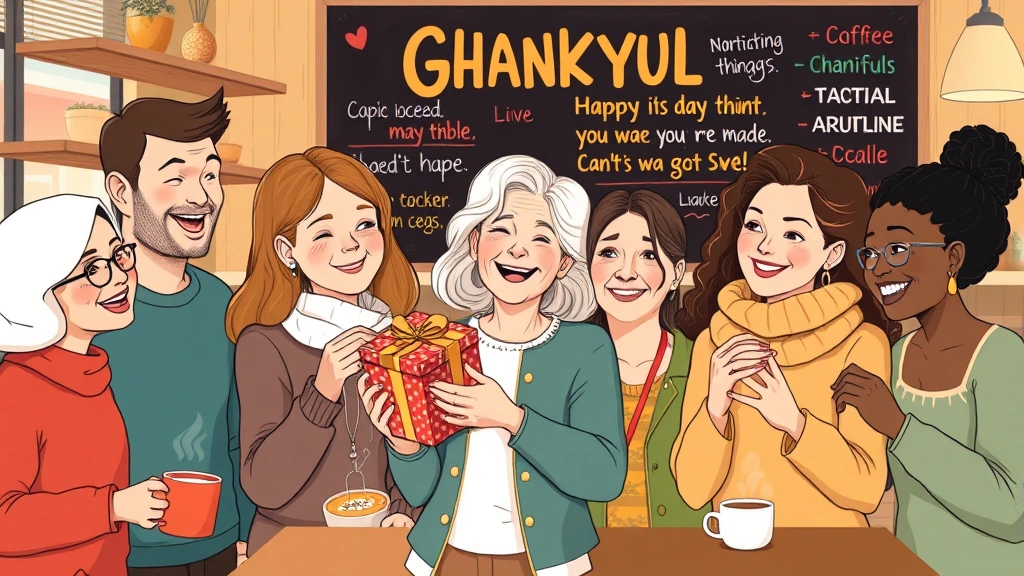
Remember, the key is sincerity. No matter which idiom you choose, deliver it with genuine warmth and eye contact (if appropriate).
Key Takeaways
- Go beyond "thank you": Idioms add depth and personality to your appreciation.
- Choose wisely: Select an idiom that fits the context and your relationship.
- Be sincere: Your genuine feeling is what truly matters.
- Practice makes perfect: The more you use these, the more natural they'll feel!
Frequently Asked Questions (FAQ)
Q1: What's the difference between "I owe you one" and "I'm indebted to you"?
"I owe you one" is informal and implies a future reciprocal favor, often for a smaller act of kindness. "I'm indebted to you" is more formal and suggests a deeper, more significant obligation or gratitude, often for a substantial help or sacrifice.
Q2: Can I use these idioms in formal writing, like an email to a boss?
Some are appropriate, while others are not. "I truly appreciate it," "You've gone above and beyond," and "I'm deeply indebted to you" (for very significant help) can be used formally. Informal idioms like "You rock!" or "Thanks a bunch!" are best reserved for casual communication. Always consider your audience and the context.
Q3: Are there any idioms that are considered outdated or too old-fashioned?
"Much obliged" can sound a bit old-fashioned to younger generations, but it's still understood and can add a charming, polite touch. "Cheers" is common in British English but less so as a standalone "thank you" in American English, where it's more often a toast.
Q4: How can I remember all these idioms?
The best way is to start using them! Pick a few that resonate with you and try to incorporate them into your daily conversations. Contextualizing them by thinking of situations where you'd use them can also help. Reading and listening to native English speakers will also expose you to them naturally.
Q5: Is it rude to always use idioms instead of "thank you"?
Not at all! As long as your gratitude is sincere, using idioms shows creativity and a deeper understanding of the language. It makes your expression of thanks more memorable and personal. However, a simple "thank you" is always perfectly acceptable and often expected in quick, everyday interactions.
So there you have it! A wonderful collection of idioms to help you express your gratitude in vibrant, memorable ways. Go forth and spread some appreciation! Which one will you try first?
